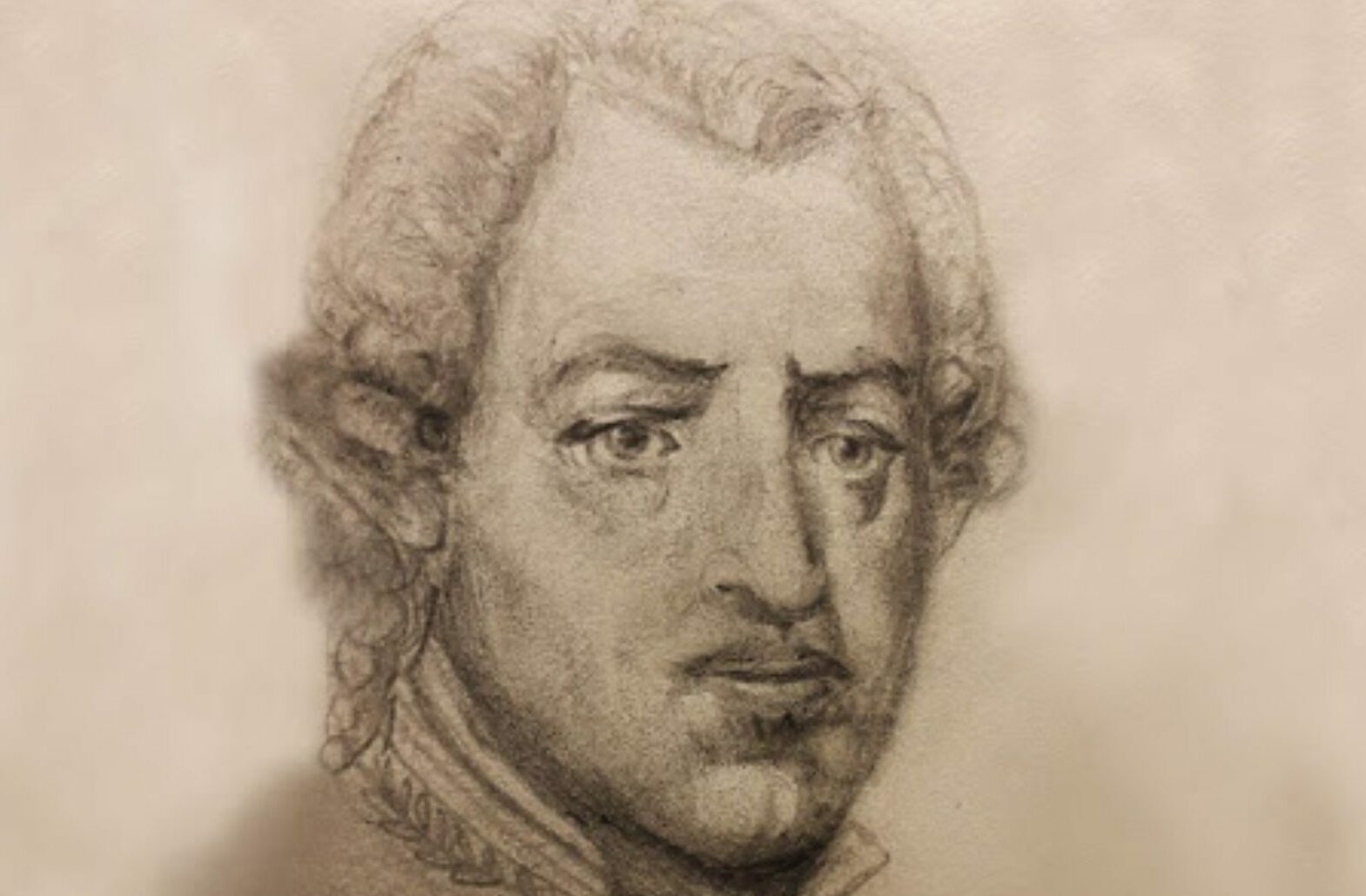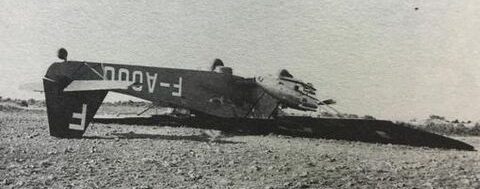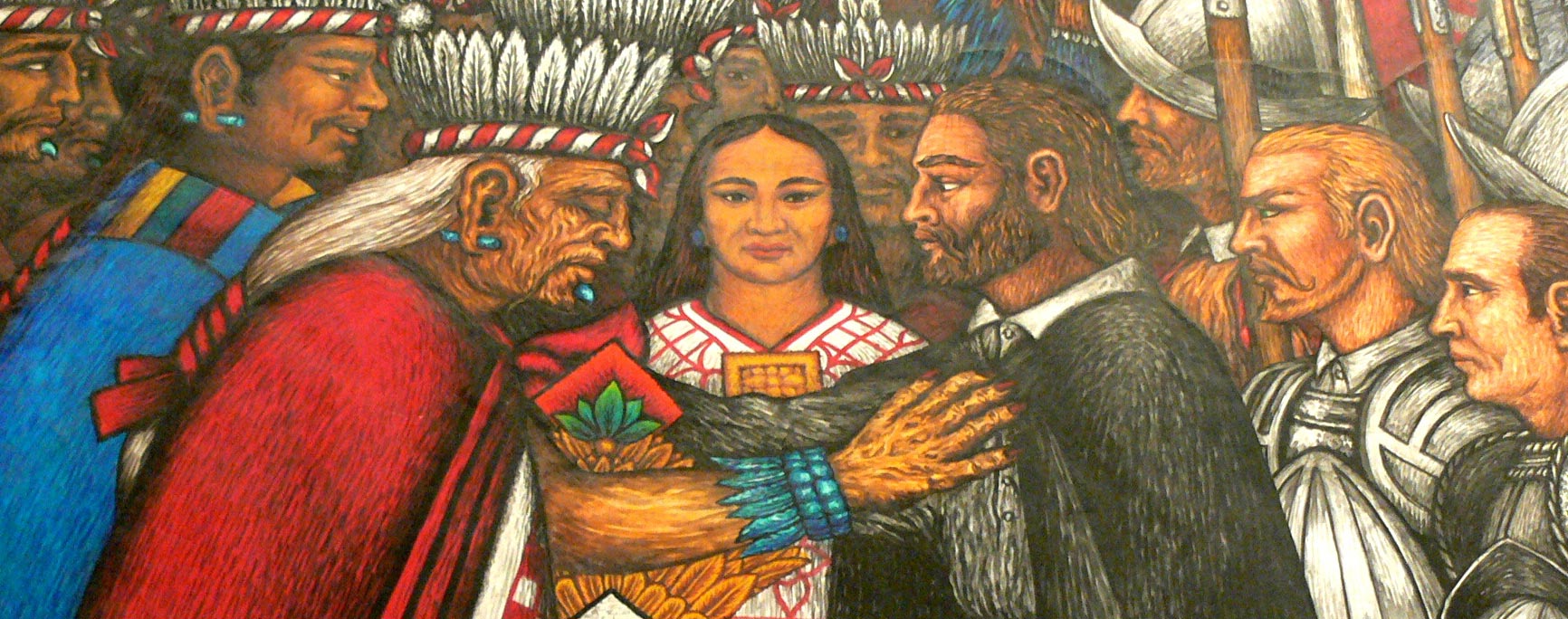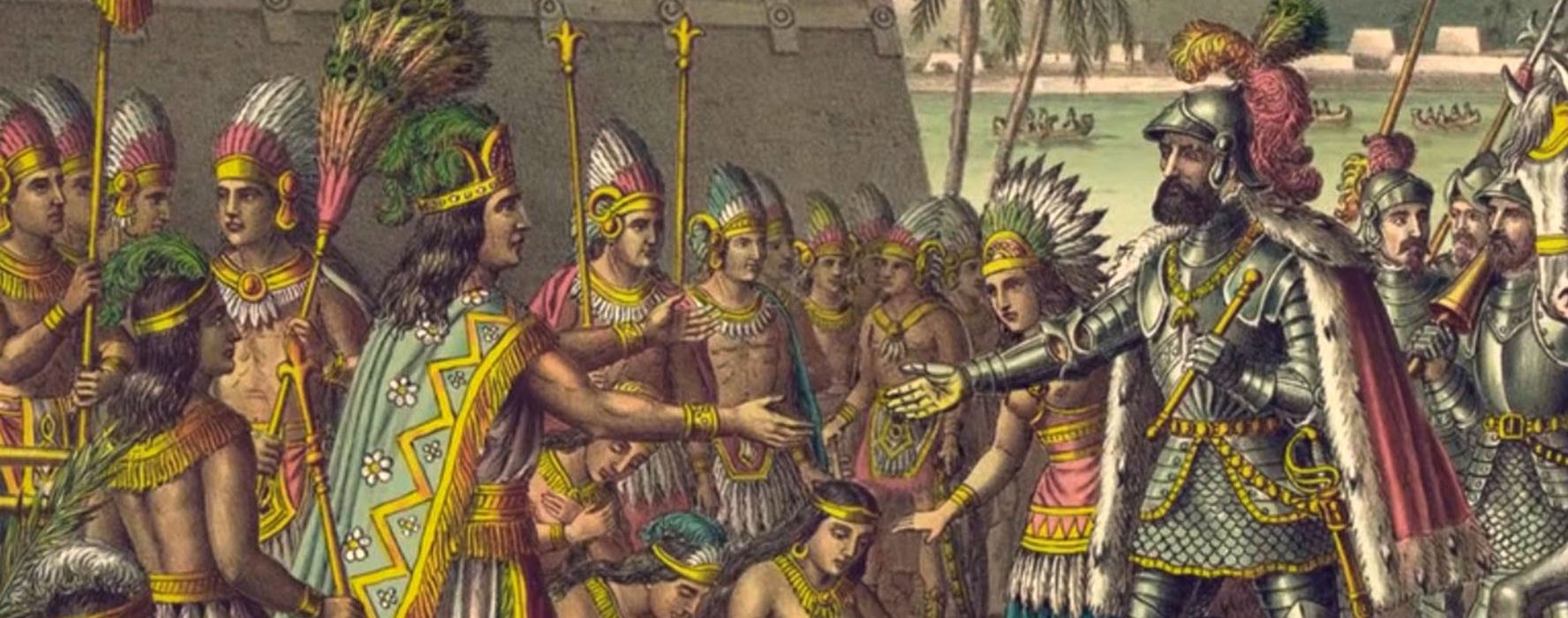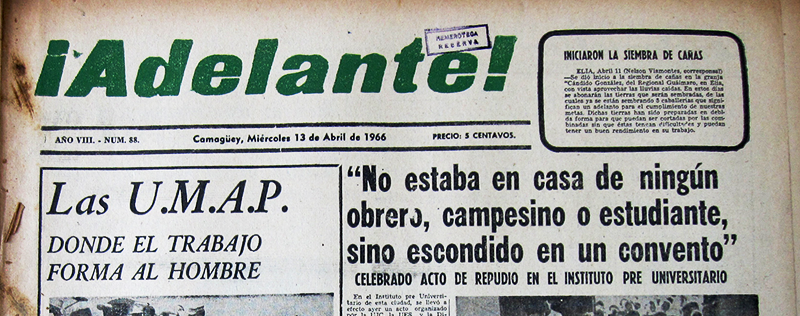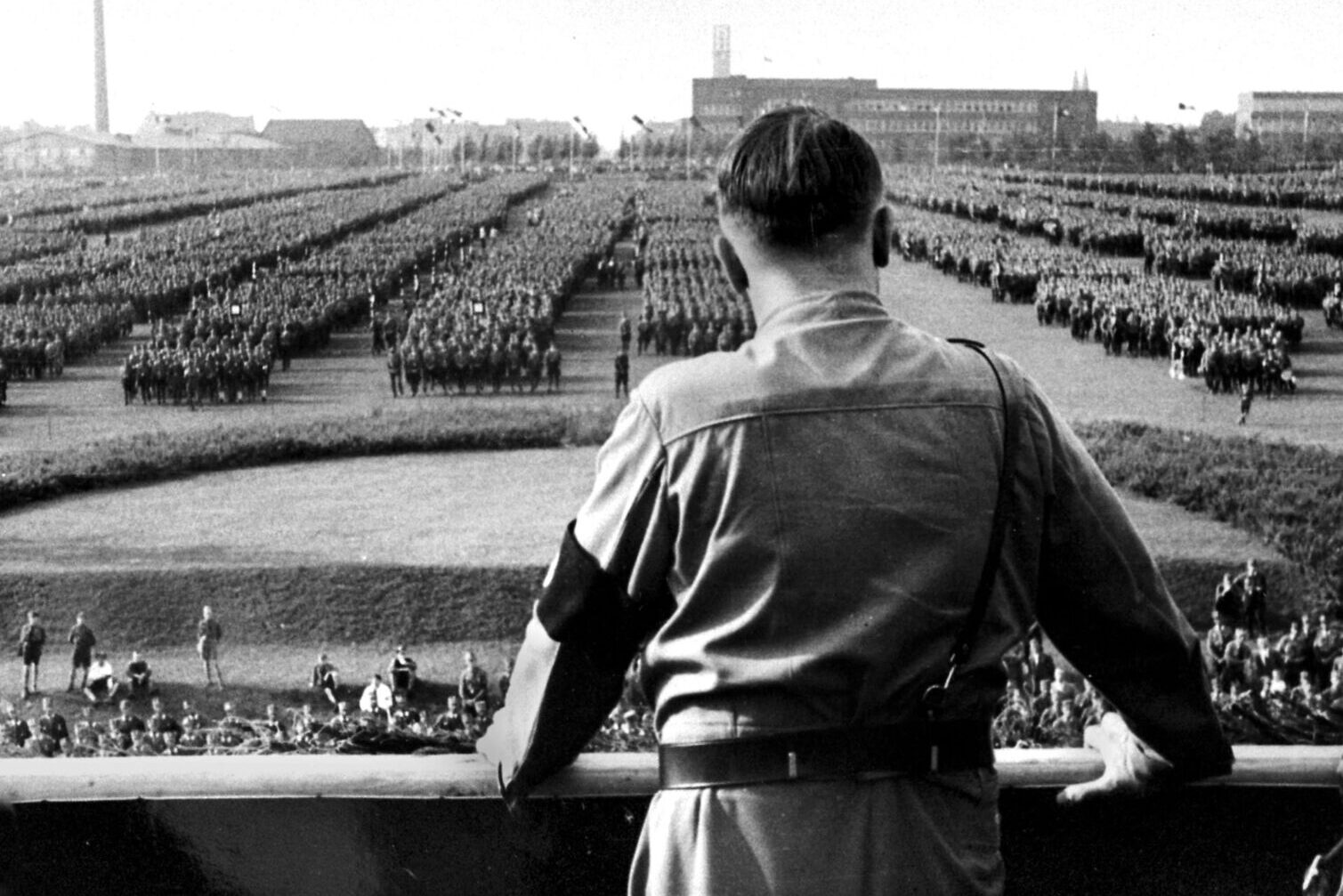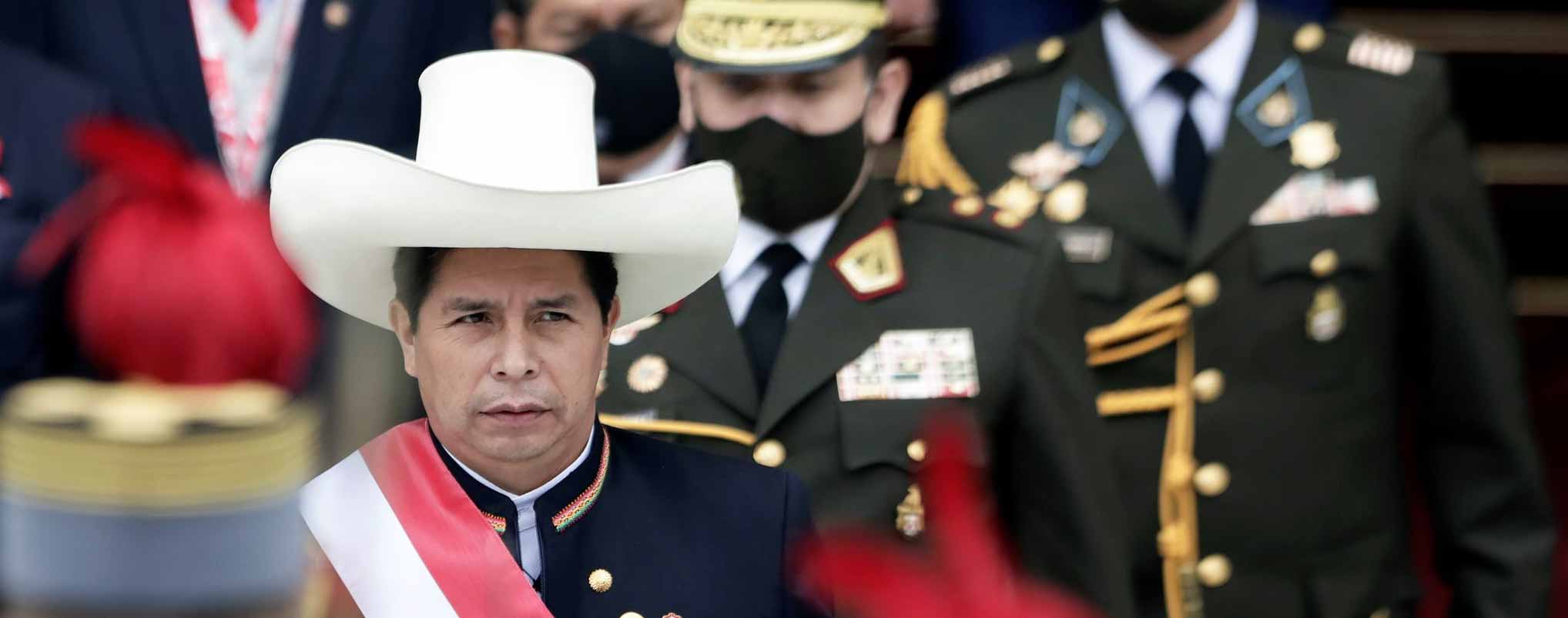Source:El Debate
In 1776, he addressed a letter to General Lee with the title “General of the United States of America”. That denomination meant the acceptance, for the first time, of the existence and birth of a new North American nation on the part of a European power
If we talk about famous Malaga citizens in the history of the United States, we could remember the exploits and achievements of Bernardo de Gálvez, who was key in the independence of the Thirteen Colonies. So much so that in 1976, an equestrian statue of this illustrious Malaga native was unveiled in the U.S. capital, whose plaque reads: “A reminder that Spain offered the blood of its soldiers for the cause of U.S. independence”.
But in addition to Bernardo de Gálvez, many other Spaniards participated in the American War of Independence, but few stories are known. On this occasion we recover the story of Luis de Unzaga, who was not only the first to announce the end of the war or who would give the name to the country that would have George Washington as its first president, but who was also the creator of the first bilingual public education system in the world, as well as allowing free trade along the length and breadth of the Mississippi in a pioneering way.
Born in 1717, following in his family’s footsteps, he joined the Army as a cadet at the age of 13 and soon participated in several campaigns such as the reconquest of Oran and some in Italy. Years later, in 1740, he would leave for America, in the middle of the War of the Seat or Jenkins’ Ear, and the following year he faced two English warships with three frigates of the Guipuzcoana Company. Courage was his road map for an excellent military career. During the following years, the Malaga native climbed up the ranks and, in recognition of his work, he was appointed colonel of the Infantry Regiment stationed in Havana.
In 1763 France ceded the colony of Louisiana to Spain, as established in the treaties of Fontainebleau (1762) and Paris (1763). However, the arrival of the new Spanish governor Antonio de Ulloa provoked a rebellion among the French colonists, unhappy with the cession of the territory to Spain. In 1769 Unzaga, with the rank of colonel, accompanied Field Marshal Alejandro O’Reilly to Louisiana with the mission of putting down the rebellion and reestablishing Spanish rule in the area. A year later, he was appointed governor of Louisiana.
Pioneer in everything he did
With his conciliatory policy between the French, Spanish and native population, he would win the favor of the French to the point that they would baptize him as “The Conciliator”. Not only was he excellent in military matters, but as governor he always advocated freedom and equality: he promulgated a normative and juridical code reforming the administration of justice with laws that made trials fairer. He absolved slaves, disowned women and people discriminated against because of their ideas or beliefs. He also fought against the slave market and succeeded in repealing the regulation for acquiring slaves.
In the political framework, he applied friendly tactics with the natives, relations of peace and concord, trying to make the economy of Louisiana prosper. In 1771 he created the first bilingual public education system in the world, in Spanish and French, proving to be a true visionary. Likewise, he allowed free trade with the natives along the length and breadth of the Mississippi.
After the arrival of British troops in the Thirteen Colonies to suppress the uprisings against the tax increase, Unzaga saw the need to secretly support the American colonists in their revolution and while managing the Government of Louisiana, he began to draw, what could be considered, the first network of spies to keep abreast of the movements of the rebels. When the war broke out and aware of the weakness of Louisiana, the governor decided to reorganize his strategic positions, forming his militias and subdividing the province to create forts and advanced positions to exchange information and supplies.
Luis de Unzaga would be the first Spaniard to reach out to the continental American army, building ties: he responded to the requests for help from General Charles Lee, and to those of Patrick Henry, founding father of the USA, who “promised Luis that, if he continued to help, Spain would find in the USA a faithful ally”, as historian Francisco J. Cazorla Granados explains in Unzaga’s biographical entry in the Real Academia de la Historia (Royal Academy of History). He also went to great lengths to provide aid: from maneuvers to deceive the English with his network of spies to supplying gunpowder, blankets, medicines and materials across the Mississippi and the Ohio to Fort Pitt, under the Spanish flag so as not to be detected by the English.
He named the United States
In fact, during this first stage of the war, in his correspondence with General Lee, in the summer of 1776, he addressed a letter to him with the title “General of the United States of America”. That denomination signified the acceptance for the first time of the existence and birth of a new North American nation on the part of a European power.
The term used by the Malagueño was of such importance that he literally transmitted it to Joseph Reed, George Washington’s aide-de-camp; shortly afterwards, Washington himself read the missive that had arrived at his office, believing that it was addressed to him. With this, Unzaga was not only a pioneer in using the name of the country without being preceded by the cardinal numeral adjective “thirteen”, he was also the first to use it in Spanish; in addition, such a denomination implied that Unzaga recognized them as a nation and not as a group of rebels.
In January 1777 he would be relieved in the government of the extensive province of Spanish Louisiana by his fellow countryman, Bernardo de Gálvez, and he left to create the Captaincy General of Venezuela where he would continue collaborating in the coordination of aid from Europe and Latin America to achieve the birth of the United States. He would return to Spain after more than 45 years of service in the American continent.
Share this article
On This Day
- 1552 Battle of Bicocca.
- 1565 Miguel López de Legazpi founds Cebu as Villa de San Miguel.
- 1806 María Cristina de Borbón Dos Sicilias was born.
History of Spain
26 August 2020
27 January 2021
Communism: Now and Then
23 December 2022
28 July 2021
